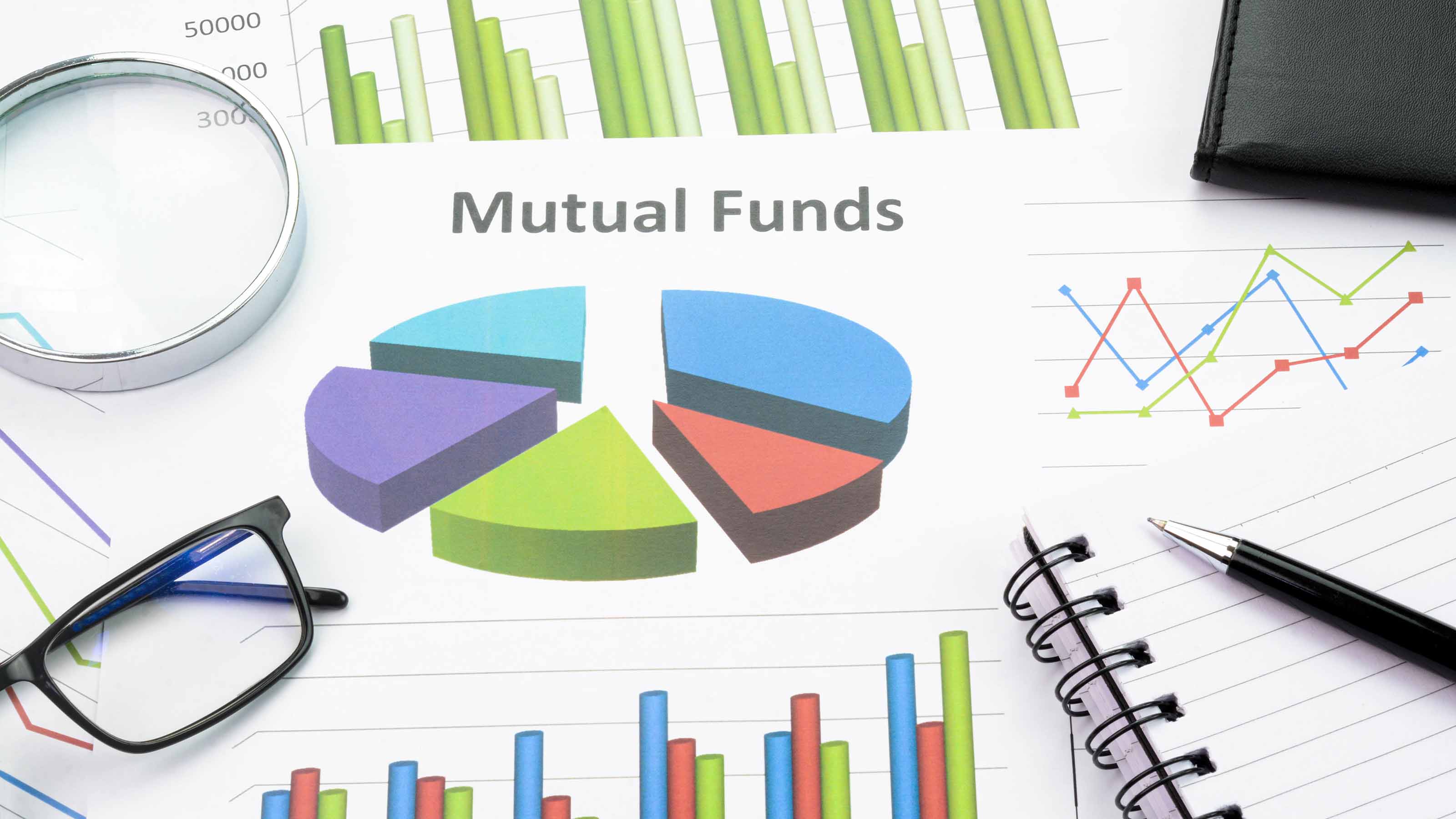Invest in Emerging Markets with Less Stress
This Matthews fund gives you most of the upside (and less of the downside) of investing in Asia.

Profit and prosper with the best of Kiplinger's advice on investing, taxes, retirement, personal finance and much more. Delivered daily. Enter your email in the box and click Sign Me Up.
You are now subscribed
Your newsletter sign-up was successful
Want to add more newsletters?

Delivered daily
Kiplinger Today
Profit and prosper with the best of Kiplinger's advice on investing, taxes, retirement, personal finance and much more delivered daily. Smart money moves start here.

Sent five days a week
Kiplinger A Step Ahead
Get practical help to make better financial decisions in your everyday life, from spending to savings on top deals.

Delivered daily
Kiplinger Closing Bell
Get today's biggest financial and investing headlines delivered to your inbox every day the U.S. stock market is open.

Sent twice a week
Kiplinger Adviser Intel
Financial pros across the country share best practices and fresh tactics to preserve and grow your wealth.

Delivered weekly
Kiplinger Tax Tips
Trim your federal and state tax bills with practical tax-planning and tax-cutting strategies.

Sent twice a week
Kiplinger Retirement Tips
Your twice-a-week guide to planning and enjoying a financially secure and richly rewarding retirement

Sent bimonthly.
Kiplinger Adviser Angle
Insights for advisers, wealth managers and other financial professionals.

Sent twice a week
Kiplinger Investing Weekly
Your twice-a-week roundup of promising stocks, funds, companies and industries you should consider, ones you should avoid, and why.

Sent weekly for six weeks
Kiplinger Invest for Retirement
Your step-by-step six-part series on how to invest for retirement, from devising a successful strategy to exactly which investments to choose.
Emerging-markets stocks haven’t been much fun lately. Over the past three years through January 20, the MSCI Emerging Markets index lost an annualized 2.6%. True, the MSCI index gained a 16.5% annualized over the past five years, but that was because the category nearly doubled over 2009 and 2010.
Investors in Matthews Asian Growth & Income (symbol MACSX) have achieved better results with a great deal less tumult. Over the past three years through January 17, the fund returned an annualized 4.9% -- and it also put up better numbers than the emerging-markets index over the past ten years. During the past three years, the fund (a member of the Kiplinger 25) has been 38% less volatile than been 28% less wobbly than the MSCI EAFE index, which tracks foreign stocks in developed nations.
I’ll admit that these comparisons may not be entirely fair. For starters, at last report the Matthews fund had 12% of its assets in convertible securities and 6% in preferred stocks, both of which are less risky than common stocks (it also had 2% in cash). Plus, 8% of the fund’s stock money is in Japan and 7% is in Australia, which are less volatile than emerging markets. In addition, the fund’s focus on dividend-paying stocks helps reduce volatility.
From just $107.88 $24.99 for Kiplinger Personal Finance
Become a smarter, better informed investor. Subscribe from just $107.88 $24.99, plus get up to 4 Special Issues

Sign up for Kiplinger’s Free Newsletters
Profit and prosper with the best of expert advice on investing, taxes, retirement, personal finance and more - straight to your e-mail.
Profit and prosper with the best of expert advice - straight to your e-mail.
I wouldn’t suggest that you invest all of your foreign-stock money (or even all your emerging-markets money) in Asia. About one-third of the world’s emerging-markets stocks are outside the region. That said, Asian Growth & Income holds a lot of appeal, both because of its record and its shock absorbers. The fund also has an impressive pedigree: Since 1991, Matthews International Capital Management has focused on investing in Asia, and, by and large, has done it well. “If you ignore Matthews, you’re making a big mistake,” says William Rocco, the Morningstar analyst who covers the shop’s funds. “Growth & Income has consistently been a good down-market performer and has a good long-term record.”
It’s a propitious time to consider Growth & Income. On average, emerging-markets stocks trade at about 11 times analysts’ estimated earnings for the next 12 months. That’s a steal compared with the U.S. market, which trades at about 16 times earnings.
But there’s a reason that emerging markets are cheap. Developing nations in Asia and elsewhere face enormous challenges. Most important are those facing China, the world’s second-largest economy (after the U.S.) and a key driver of economic growth for emerging economies everywhere and especially for those of Asian nations. China’s growth has slowed from an annual rate of more than 10% to about 7% as the country struggles to convert from an export powerhouse to one that also seeks to satisfy rising demand from Chinese consumers. In addition, Chinese banks are struggling with a large and growing number of bad loans, and the country is facing real estate bubbles in a number of areas. And China badly needs to modernize its legal and financial systems -- not to mention its political system.
But, in my view, China’s problems and those facing most other Asian countries (as well as emerging markets elsewhere) are more than adequately reflected in the low stock valuations. China, for instance, trades at 10 times estimated earnings. “That’s very cheap relative to its history,” says Robert Horrocks, one of the Matthews fund’s co-managers.
How has the fund done so well? One explanation, Horrocks says, is its long-term focus. Turnover is about 20% annually, suggesting that securities stay in the fund an average of five years. Horrocks and co-manager Kenneth Lowe look for companies, most of them large, with sustainable competitive advantages, the ability to boost prices, low debt and good corporate managers. The pair focus on companies that can raise their payouts, not those with the highest dividend yields. The fund’s yield is a scant 0.3%.
In terms of sectors, the fund favors insurance, consumer-oriented banks, consumer stocks and telecom. It mostly avoids technology hardware, energy, basic materials and other more cyclical businesses. In terms of countries, the fund usually has little in India (2% of assets at last word), where dividends are minuscule, and it overweights Singapore (16%) as well as China/Hong Kong (30%).
On the negative side, the fund has experienced manager turnover in recent years. Paul Matthews, who founded the firm, was lead manager from 1994 to 2009. Andrew Foster was co-manager from 2005 to 2011, before leaving to launch his own firm. Horrocks has been co-manager since 2009, and Lowe joined in 2011.
The instability is worrisome. So is the recent loss of Jesper Madsen from this fund’s slightly friskier sibling, Matthews Asia Dividend (MAPIX), a fine fund that’s closed to new investors. Madsen co-managed Growth & Income for one year, leaving in 2011, but he was a key player at Matthews. I think, however, that Matthews has succeeded in effectively passing its strategy to the new managers. I don’t expect performance to suffer.
Matthews has shown a commendable willingness to close funds before they get too big. Growth & Income, with $4.3 billion in assets, has plenty of capacity to run more money and is nowhere near closing. Annual expenses are 1.11%, higher than I’d like but well below the 1.78% average for all Asia mutual funds.
Steve Goldberg is an investment adviser in the Washington, D.C., area.
Profit and prosper with the best of Kiplinger's advice on investing, taxes, retirement, personal finance and much more. Delivered daily. Enter your email in the box and click Sign Me Up.

-
 5 Vince Lombardi Quotes Retirees Should Live By
5 Vince Lombardi Quotes Retirees Should Live ByThe iconic football coach's philosophy can help retirees win at the game of life.
-
 The $200,000 Olympic 'Pension' is a Retirement Game-Changer for Team USA
The $200,000 Olympic 'Pension' is a Retirement Game-Changer for Team USAThe donation by financier Ross Stevens is meant to be a "retirement program" for Team USA Olympic and Paralympic athletes.
-
 10 Cheapest Places to Live in Colorado
10 Cheapest Places to Live in ColoradoProperty Tax Looking for a cozy cabin near the slopes? These Colorado counties combine reasonable house prices with the state's lowest property tax bills.
-
 The Kiplinger 25: Our Favorite No-Load Mutual Funds
The Kiplinger 25: Our Favorite No-Load Mutual FundsThe Kiplinger 25 The Kiplinger 25 is a list of our top no-load mutual funds that have proven capable of weathering any storm.
-
 Do You Have Gun Stocks in Your Funds?
Do You Have Gun Stocks in Your Funds?ESG Investors looking to make changes amid gun violence can easily divest from gun stocks ... though it's trickier if they own them through funds.
-
 Janus Henderson Global Equity Income Fund (HFQTX) Hangs Tough
Janus Henderson Global Equity Income Fund (HFQTX) Hangs ToughKip 25 A focus on dividend payers and defensive stocks has kept the Janus Henderson Global Equity Income Fund afloat in a rough market.
-
 T. Rowe Price Small-Cap Value (PRSVX) Stands Out
T. Rowe Price Small-Cap Value (PRSVX) Stands OutKip 25 In this turbulent market, value-priced, higher-quality small caps are holding up better than their fast-growing counterparts.
-
 Kiplinger 25 Model Portfolios
Kiplinger 25 Model PortfoliosThe Kiplinger 25 Reach your investment goals with these plans using the Kiplinger 25, our favorite no-load mutual funds.
-
 ESG Gives Russia the Cold Shoulder, Too
ESG Gives Russia the Cold Shoulder, TooESG MSCI jumped on the Russia dogpile this week, reducing the country's ESG government rating to the lowest possible level.
-
 New Leadership at One of Our Funds
New Leadership at One of Our FundsKip 25 Vanguard recently announced that longtime manager Michael Reckmeyer will retire in June.
-
 The Best T. Rowe Price Funds for 401(k) Retirement Savers
The Best T. Rowe Price Funds for 401(k) Retirement SaversKiplinger's Investing Outlook A dozen T. Rowe Price mutual funds enjoy a place among the nation's most popular 401(k) retirement products. Find out which ones are worth your investment dollars.